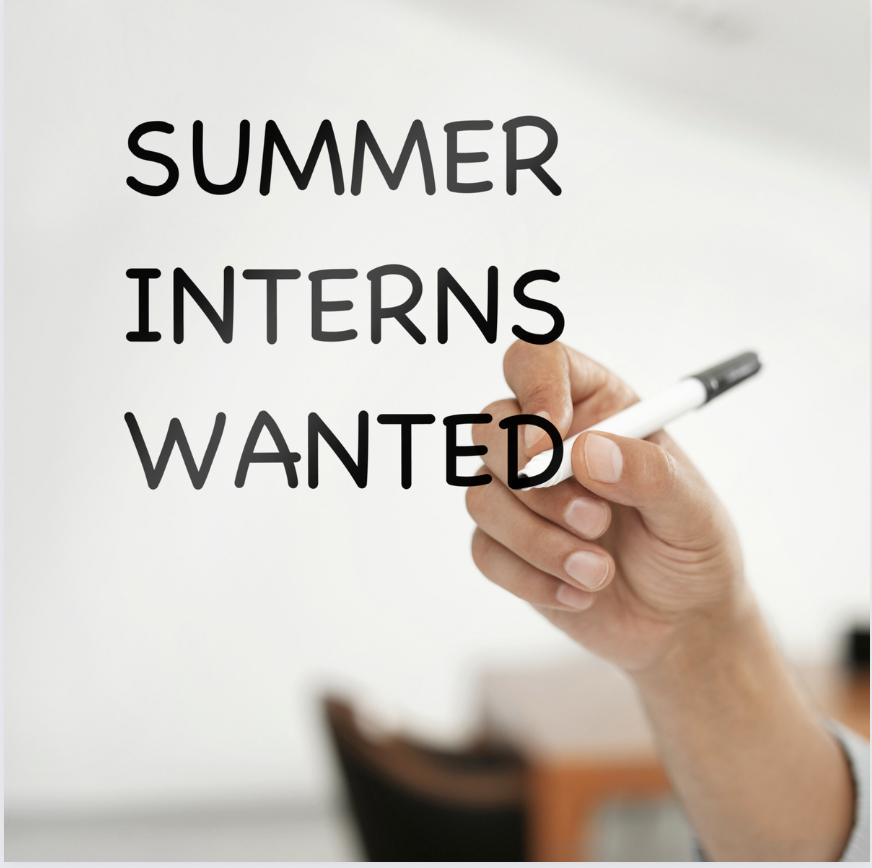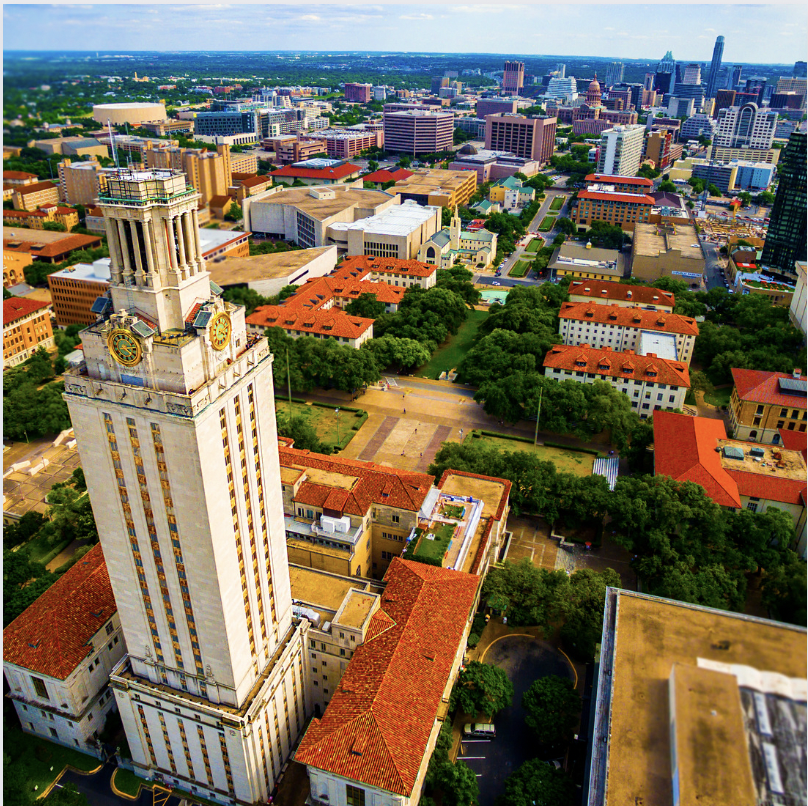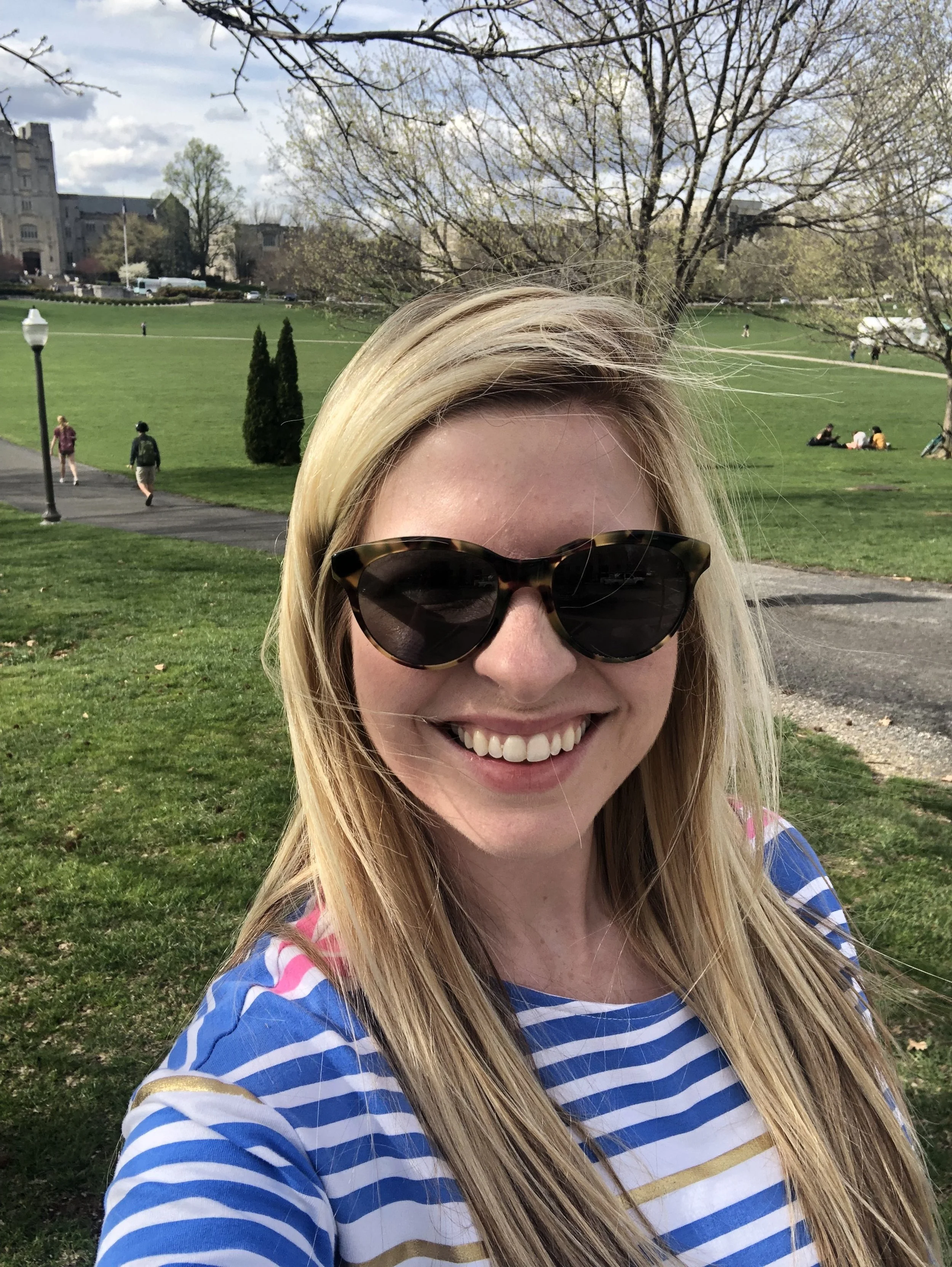We hope you all had a wonderful spring break!
BIGGEST COLLEGE-RELATED NEWS OF THE WEEK
FREE TUITION FOR BOSTON STUDENTS
Good news for hopeful students in Boston! The city government announced on Wednesday that residents are now eligible for up to three years of tuition-free education at six community colleges across the city. The “Tuition-Free Community College Plan” does not impose limits on age, income or even immigration status, and only requires students to fill out the FAFSA.
NEW CHANGES PROPOSED FOR STUDENT ATHLETES
On Thursday, President Biden’s administration released a proposal which addresses recent controversy over transgender athletes’ participation in school sports. The proposal would protect transgender athletes from being “categorically” banned from sports – a tenant of Title IX. At the same time, schools would have the ability to limit an athlete’s participation based on “competitive fairness” or injury risk. Many are debating what this proposal could mean for school sports and worry about how states may interpret and perhaps challenge the potential new policy.
DATA TELLS A CHILLING TALE OF SCHOOL SHOOTINGS
377. That’s the number of school shootings in US schools since 1999. The Washington Post has been tracking data related to gun violence in schools for years now, and the numbers continue to tell a chilling tale. Click here to see the data on factors such as the typical age of shooters, the populations most often affected by gun violence, and a database of personal stories from witnesses and survivors.
BEST ARTICLES OF THE WEEK
If you want to know what college students really care about, don’t rely on TikTok or Twitter. Look to the opinions section of the student newspaper instead, according to Jonathan Malesic in The New York Times. As an educator, Malesic finds that undergraduates are often hesitant to share their thoughts on bigger world issues via social media. However, their beliefs emerge in the opinion pages of school newspapers, where students are more likely to write about issues that “hit closer to home” - from the fears of growing up to navigating relationships to pleading with other undergrads to put their phones away in class. Although these topics may not seem like the most pressing issues of the day, they are important for undergraduates as they navigate this phase of life. As Malesic affirms, such essays do “what opinion writing should do for society: help us understand and improve our own and one another’s lives.”
As we reported last week, college applications continue to reach historic highs while acceptances reach historic lows. As a result, the college admissions process is becoming increasingly cutthroat and parents are becoming increasingly anxious. So how can parents avoid being “jerks” as they help steer their children toward higher education? The answer is not that simple. According to S. Mitra Kalita in “How to Not Be a Jerk in the Cutthroat College-Admissions Process,” we must start with understanding the landscape. Parents need to look at the realities of the process and the fact that it’s definitely NOT like it used to be. Furthermore, Kalita believes that it’s important for parents to not simply talk about diversity but to promote the “collective” through our actions. In these ways, we are better preparing students for the real world and the complexities they’ll encounter in different environments.
When Tamara Kay was hired as a sociology professor at Notre Dame, she never imagined that she would one day require police security outside her classroom. Kay, who conducts research on abortion and is a proponent of abortion rights, has faced increased threats because of her work, which has been published in popular media outlets and on social media platforms. In a heightened political climate, Kay’s work is more dangerous than ever. Kay believes that the university has not adequately addressed her security concerns, but also recognizes the challenge of finding another academic position if she were to leave the university.
OFFICE HAPPENINGS
Earth Day is just around the corner, and if you’re looking for a way to be an environmental advocate, consider volunteering at Fairfax County’s Earth Day Event. The event takes place on Saturday April 22 in Chantilly, VA, and there are multiple shifts available for students ages 15+.
The official countdown to summer is on! If you’re still trying to figure out your summer plans, be sure to visit our database for an up-to-date list of internship and academic opportunities for high schoolers. You could conduct health research, work for an Edtech company, or learn how to be a digital marketer — if you apply NOW!












